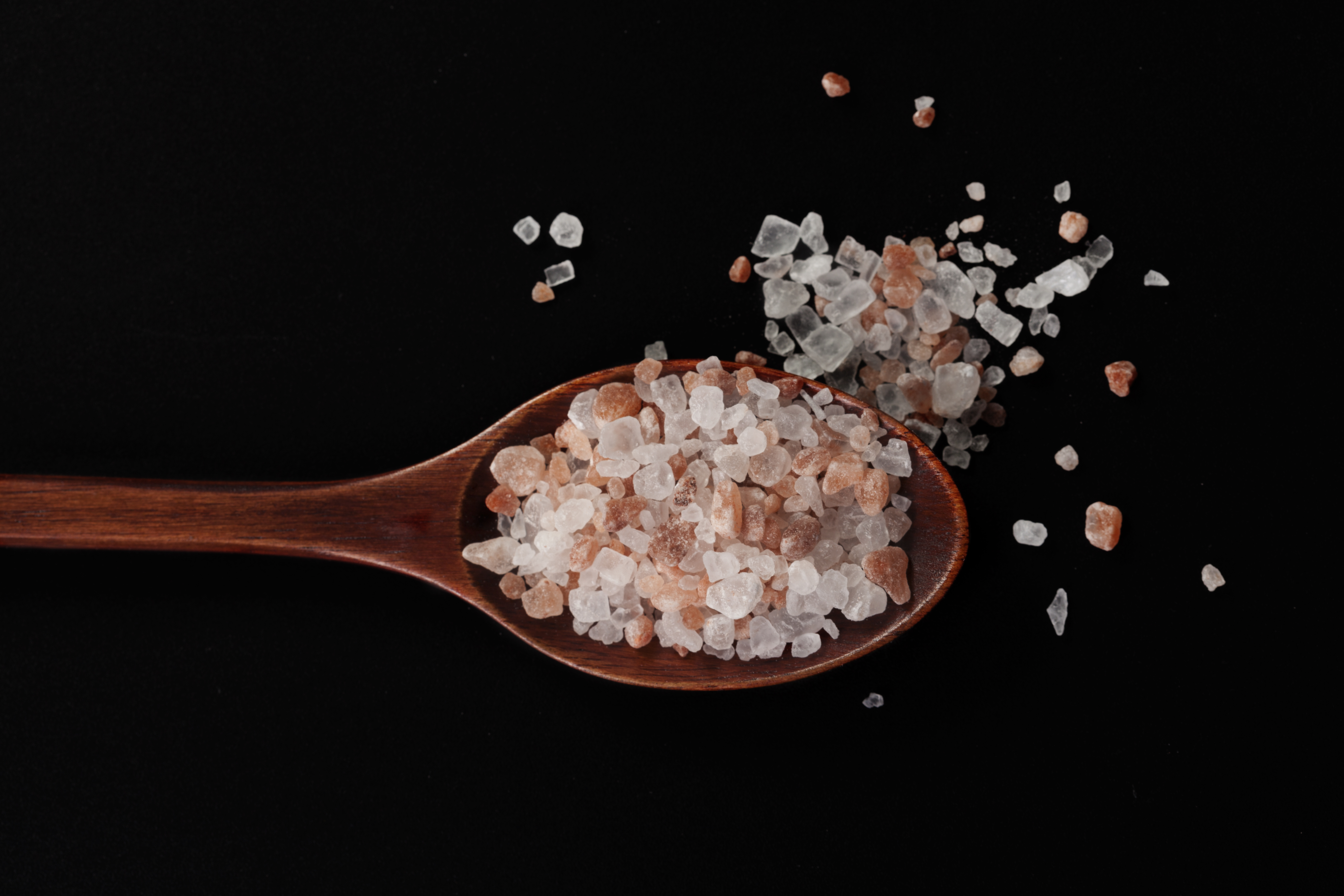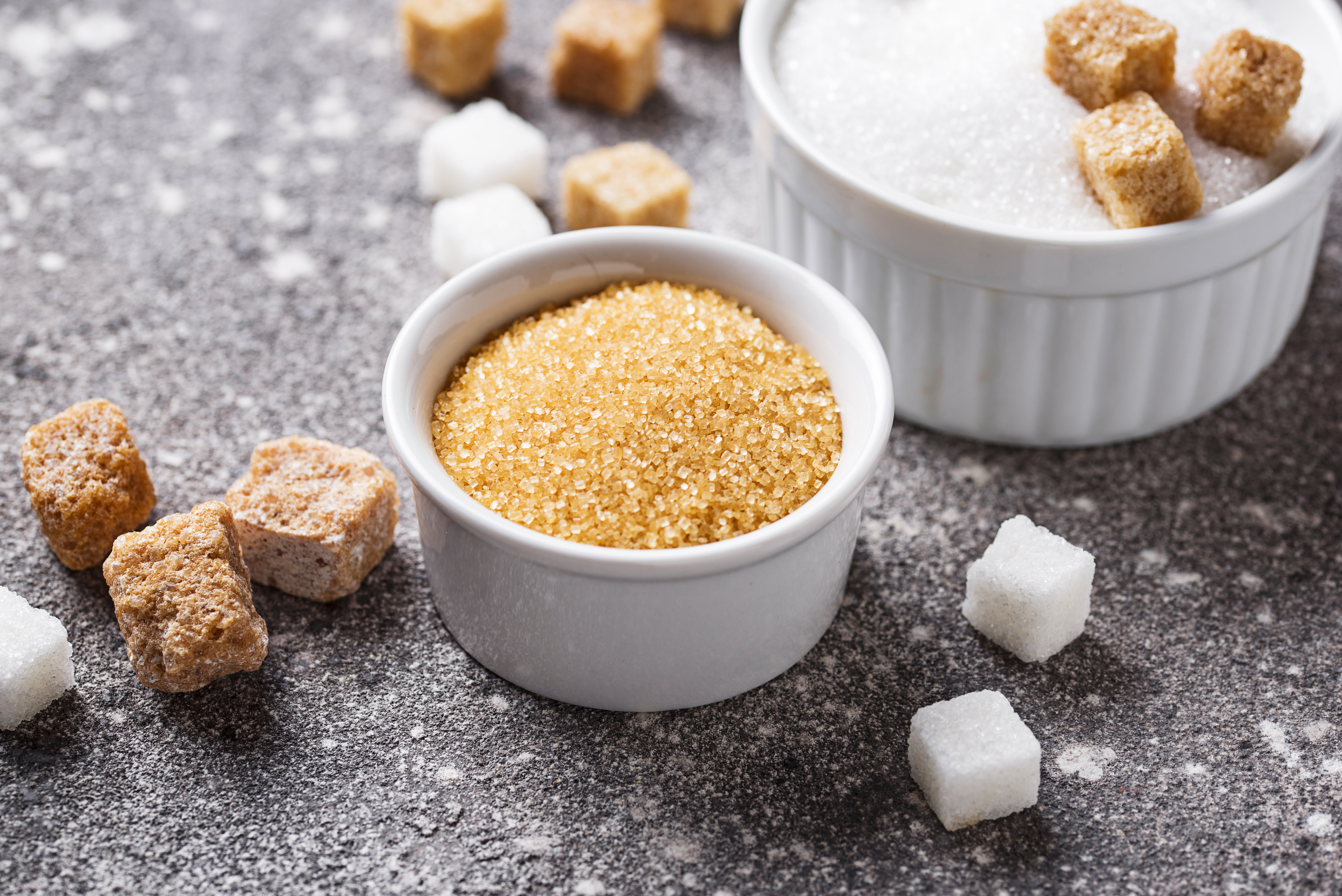Foods to Avoid If You Have High Blood Pressure
High blood pressure doesn’t always announce itself—but the damage builds quietly, one bite at a time. From straining your heart to threatening your brain and kidneys, hypertension is a slow-burning risk that often starts on your plate. That’s why we’ve expanded our guide — a smarter, sharper look at what might really be raising your numbers. Ready to take control? Let’s begin.
1. The Salty Truth: Sodium and Its Role in Hypertension

Sodium is a mineral essential for various bodily functions, including fluid balance and nerve transmission. However, excessive sodium intake is a primary dietary factor contributing to hypertension. The average diet often contains far more sodium than the recommended daily allowance, mainly due to processed and convenience foods. When sodium levels in the bloodstream rise, the body retains water to dilute it, increasing blood volume and, consequently, blood pressure. This physiological response places additional strain on the cardiovascular system, heightening the risk of hypertension-related complications.
2. Sugar's Sweet Deception: The Hidden Hypertension Risk

While sugar is often associated with weight gain and diabetes, its role in hypertension is less well-known but equally concerning. High sugar consumption, particularly from sugary beverages and processed foods, is linked to increased blood pressure levels. The mechanism involves sugar's ability to stimulate insulin production, which can lead to sodium retention and increased blood volume. Moreover, excessive sugar intake is associated with obesity, a significant risk factor for hypertension. The combination of these factors creates a perfect storm for elevated blood pressure.
